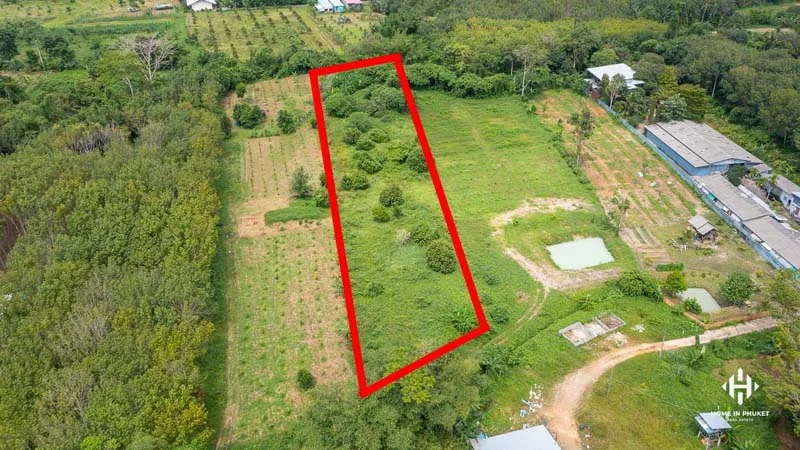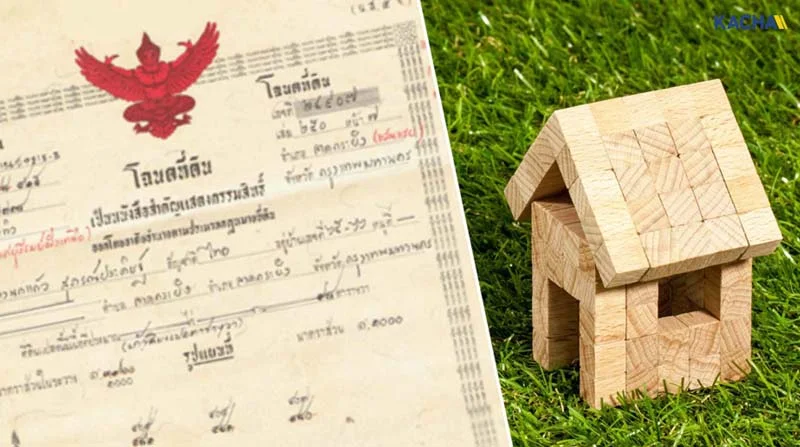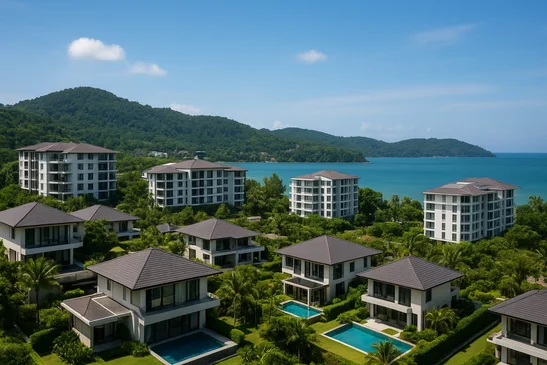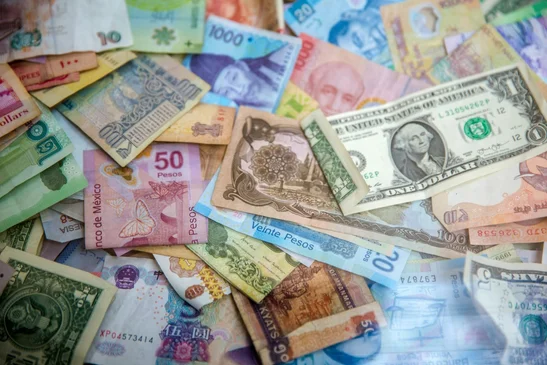For foreigners living in Thailand, there has always been one major hurdle to ever feeling settled – the ability to own land. This is not a problem for many who are content simply renting, but for some who decide to stay for the long term, it is a sticking point.

Rent a house or apartment Cr: tirachardz
Until recently non-Thai residents had the following options: to rent a house or apartment, to buy a condo, to lease land and own the house (foreigners could own a structure, but not property), or to have a company that in turn owns the land as an asset. Renting leaves you at the whim of the home/apartment owner, and it’s not uncommon for contracts to be breached with little recourse for the renter. Owning a condo puts you at the mercy of the management and their ability and desire to maintain the building and grounds sufficiently.
Having a company with land/house as an asset results in additional costs associated with maintaining the company, a foreigner can not be the majority shareholder of the company, and technically this scenario is illegal if the company is used solely for this purpose where the majority shareholder is a Thai citizen acting as a nominee.

Land for sale Cr: homeinphuket
Recent headlines announcing that foreigners can now own land in Thailand likely sparked hope for many. Indeed, for certain individuals, it is a welcome update to foreign ownership legislation. However, reading the fine print reveals that the requirements significantly shrink the pool of eligible/willing participants. The bill, which allows a foreigner to own one rai of land (1600 sqm), was approved on October 25, 2022, and applies to foreigners who fit into four groups:
- Global citizens
- Retirees
- Remote workers who wish to work from Thailand
- Professionals or specialists who are employed in the Kingdom.
What’s the catch you say? To meet the requirements you must invest at least THB 40 million in “real estate or infrastructure funds, real estate investment trusts, securities, or enterprises promoted by the Board of Investment.” The investment must remain for a minimum of three years or ownership permissions will be revoked.

Title deed Cr: kachathailand.com
Additionally, there are limitations on the exact locations where the property can be purchased in the country. As of now, these areas include residential zones, municipal regions of all provinces, as well as unspecified areas of Bangkok and Pattaya. Of course, anyone interested in possibly taking part in this scheme should contact relevant government officials and, together with a Thai translator, seek clarity regarding the specifics of your situation.
The discussion in Thailand surrounding the topic of foreign land ownership isn’t new and has always been highly contentious. Many worry it would result in a land grab thereby inflating prices and making ownership less accessible for Thai citizens. Although the program currently has a 5-year lifespan, already there have been many dissenting views of the recent change in legislation and the actual longevity of the program is impossible to predict. It is also unclear as to what would happen to the status of land purchased under the scheme should the bill be revoked.



















